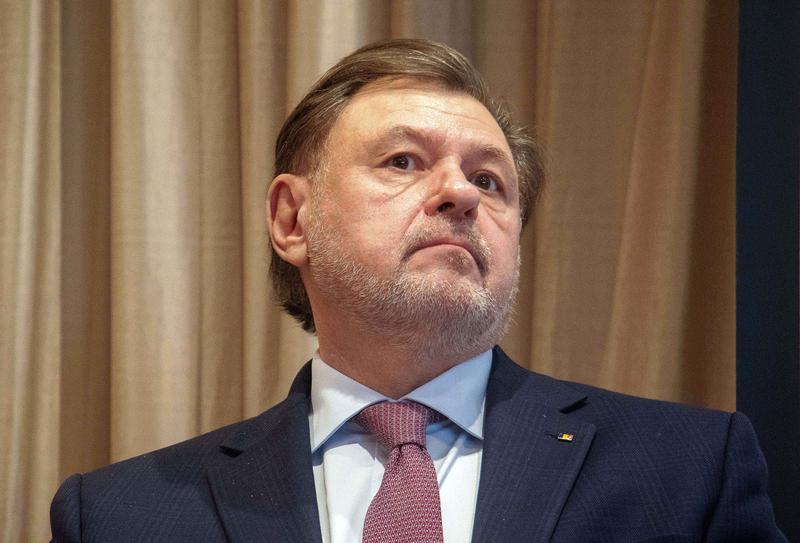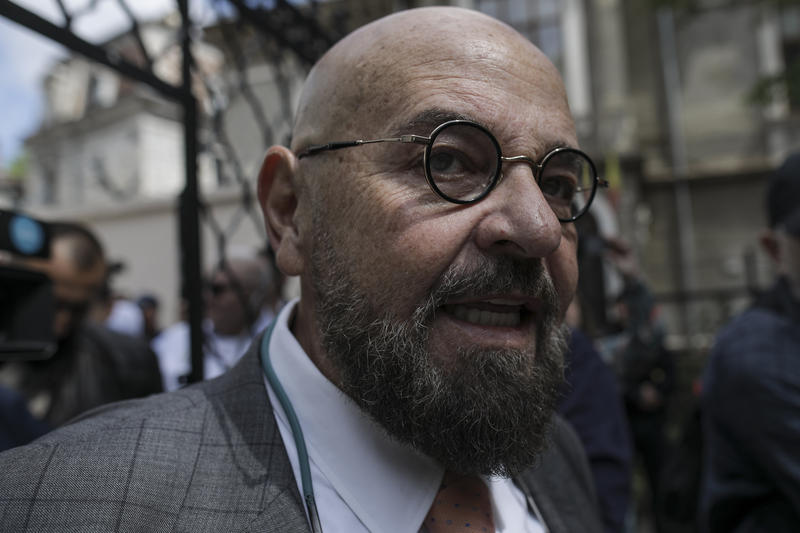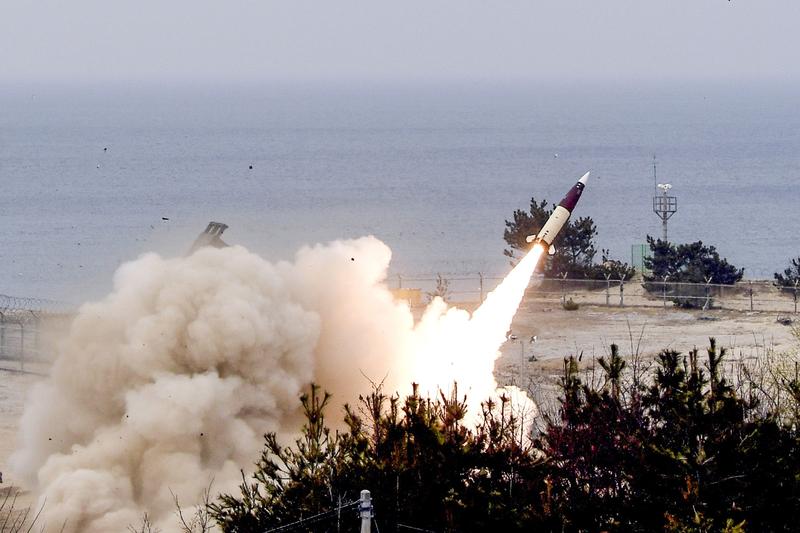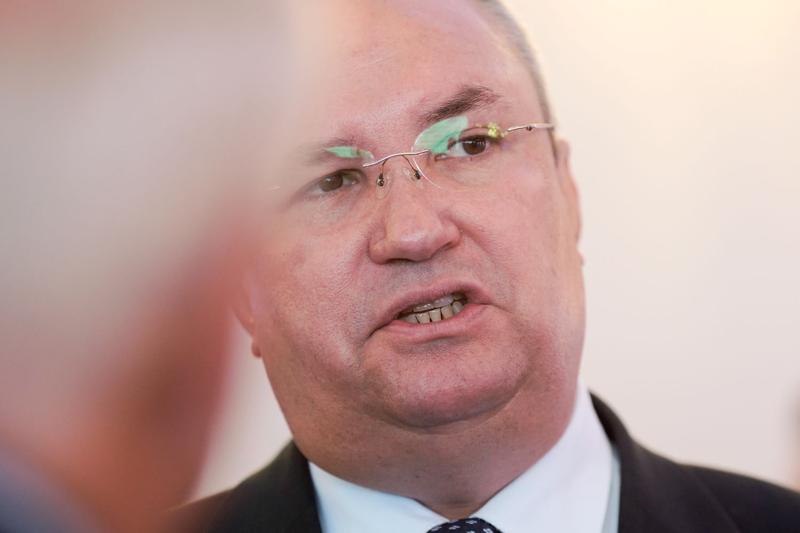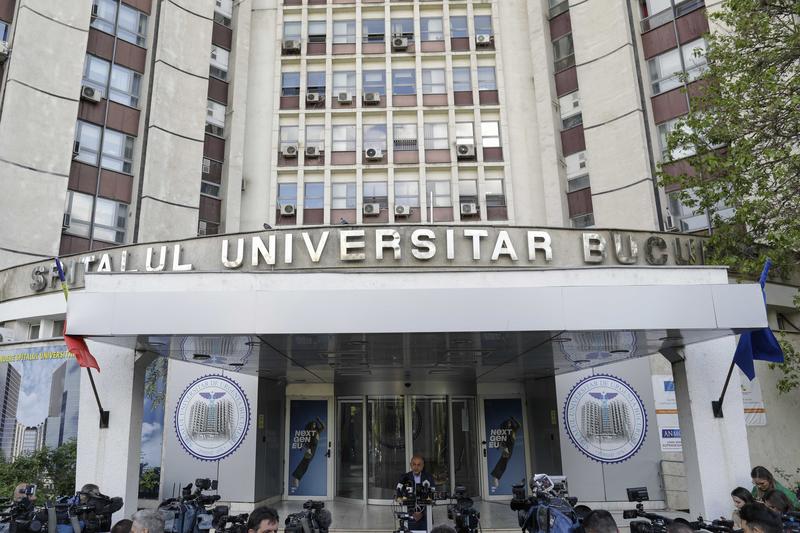The Justice ministry proposed a draft law aimed at adjusting the old Companies Law 31/1990 to European legislation and the Organization for Economic Cooperation and Development (OECD) principles regarding the founding procedure, the shareholders’ assembly and the corporate management.
A major change establishes the minimum number of a new company’s shareholders to 2 compared to 5 previously. Economic analyst Cristian Badescu told Hotnews.ro that the Justice ministry’s proposal is welcomed as it simplifies procedures.
The law project introduces the "authorized social capital" which represents the value for increasing the company’s capital by the Management Council (MC) or by the unique shareholder with mandate from the General Assembly of the Shareholders (GAS).
According to this project, the MC is allowed to delegate its executive prerogatives to one or more managers of the company.
One of the most important stipulations foresees the circumstances under which the decisions of the GAS can be validated:
- at the first assembly, the presence of at least a quarter of the total eligible voters is compulsory; the bylaws are to be taken by a 2/3 majority of the entitled voters
- at the next assemblies, the presence of at least 1/5 of the total number of entitled voters is compulsory; bylaws are to be voted by 2/3 of the present entitled voters.
The decision regarding the altering of the activity field, of reducing or increasing the social capital, merger, split or ending activity is to be voted upon by a majority of at least 3/4 of the present entitled voters, in agreement with quorum conditions.
The National Union of Romanian Owners (UNPR) does not agree with the new modifications regarding the quorum of the GAS and states that all major decisions should be taken with absolute majority of the present shareholders. Otherwise, there is the risk to increase the possibility of favoring certain groups of shareholders while diminishing transparency, reads a statement for Hotnews.ro.
Cristian Badescu says that the changes proposed are two times risky.
On one hand, the GAS convocation of numerous shareholders companies becomes easier and cheaper, however, there is the risk that the option of a minority shareholder with 33% be ignored in favor of the 25 percent of the shareholders, on the other hand.
The UNPR also disagrees with reducing the dividend payments period from 8 to 6 months, as this could create imbalances taking into account the 16 per cent flat tax. Hence, Romania faces a paradoxical situation of recording a higher fiscality than in 2004.
Therefore, new measures should be taken after consultations with the involved factors. The law project uploaded on the ministry's site is subject to a public debate within the next 30 days.
